The Canadian economy has yet to recover stably as inflation is showing signs of rising again after a temporary decline. This has caused the cost of living to escalate and made life difficult for people in general, and Vietnamese people in Canada in particular.
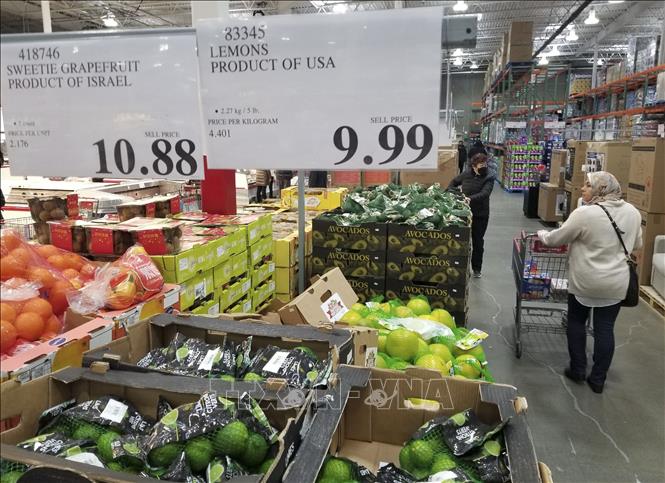
Inflation in Canada increased the most in nearly 40 years. (Photo: Reuters)
In that context, most goods have increased in price and higher inflation is something that people cannot avoid. Specifically, compared to last year, gasoline prices have increased by 6.3%, rents have increased by 6.1%, food and foodstuffs have increased by nearly 10%, especially mortgage interest rates have skyrocketed by 30%. Inflation has affected the daily lives of many Vietnamese people living, studying and working in Canada.
Statistics Canada said that the country's inflation in April 2023 was 4.4%, up 0.1% from the previous month. This is the first increase in inflation since June last year, challenging the Bank of Canada in adjusting to the target of 2%. Compared to last year, gasoline prices increased 6.3%, rents increased 6.1%, food and food increased nearly 10%, especially mortgage interest rates skyrocketed 30%.
Mr. Chung Vinh, a retired Canadian government official, said that food prices have increased a lot, especially Asian food, with some items increasing by up to 30%.
Many people have to look for wholesale places or ask for support from local authorities to ease the difficulties. There are items that cannot control the price such as electricity, gasoline or rent... These are the challenges.
However, Mr. Chung Vinh believes that with flexibility and precautionary habits, Vietnamese people will not be affected too much even if they have to cut spending.
Meanwhile, Ms. Ho Anh Hoa, an immigration consultant in Toronto, said that she is luckier than some others, her job is quite stable and she still has some income to cope with the price storm.
As a lawyer and immigration consultant in Canada, inflation and price increases have some impact on clients because they have to rent a house as well as live and study in Canada. However, inflation and price increases in Canada are still "easier to breathe" than many other countries, which may be the factor that makes many foreigners come to this country to study and settle, making her work busier.
For young Vietnamese people, each person has appropriate ways to continue to overcome difficulties and move forward.
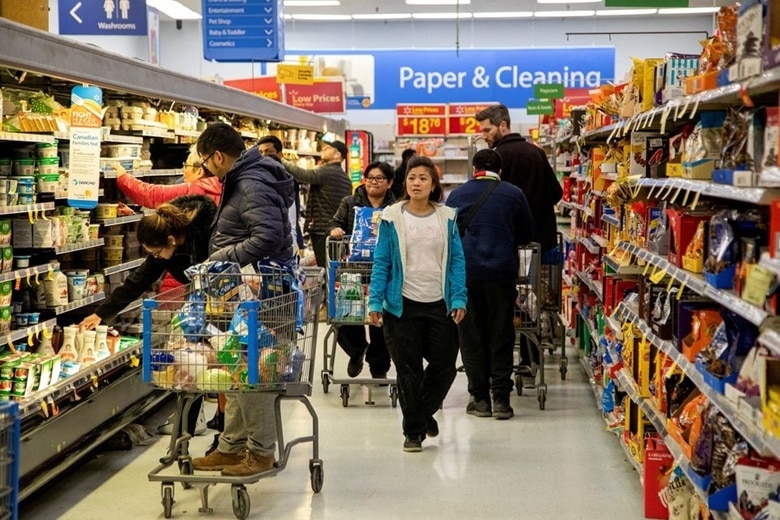
Vietnamese in Canada handle the situation appropriately to continue to overcome difficulties and rise up when prices in Canada escalate. Photo: Internet
Nguyen Trung Khoa, a student at the University of British Columbia (Vancouver, Canada), has felt more stressed in the past few months as he has had to start learning how to measure and manage his daily expenses. Khoa said that currently, a bowl of pho at a restaurant costs 15-16 CAD, while less than a year ago, the price was 11 CAD. The price of a kilo of rice or a kilo of vegetables sold at supermarkets has increased by an average of 2-3 CAD. Notably, the highest increase is in rent. Rents have increased so much that local authorities have had to issue regulations imposing a ceiling price increase of no more than 20%. Khoa shared: Although the government has made efforts to reduce pressure on people, the increase in many things at the same time has caused many difficulties for international students studying on partial scholarships and whose families are not very well off. Even those from better-off families have started to learn how to save and do not dare to spend lavishly like before.
Jessie Thao Tran, a beautician and skin care worker, shared that for new graduates like herself, recruiting companies often hire part-time because the paperwork is simpler and the work is more flexible. Thanks to this, you can do many things at the same time and can proactively arrange your time for the jobs you have accepted such as delivery, waiting tables, or pet walking services.
These are very popular service industries that are rarely chosen by locals, so there are many opportunities for students or new graduates to earn extra income and integrate into life.
For Vietnamese students studying and living in Canada, in addition to scholarships and family allowances, they also try to work part-time and spend frugally to ensure their lives during the "price storm" period.
Minh, a second-year student at the University of Ottawa, shared that although part-time wages have increased, they cannot keep up with inflation and many students like him are forced to cut down on personal expenses. In addition to fixed expenses, students often try to cut down on non-fixed expenses such as electricity and water bills.
Canadians are also feeling the effects of inflation as they cut back on non-essential purchases. The government’s challenge now is to get inflation back to its 2% target, although that may not happen until late 2024./.
Cong Dao



















































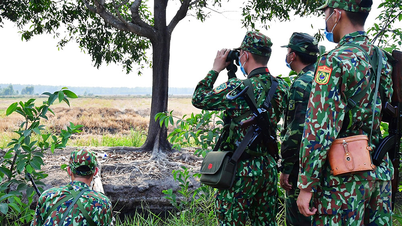



















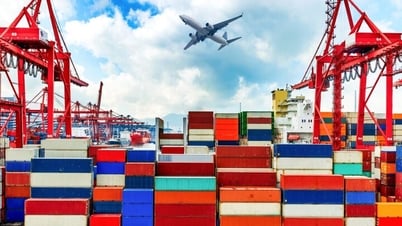














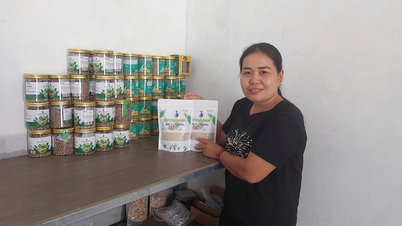














Comment (0)